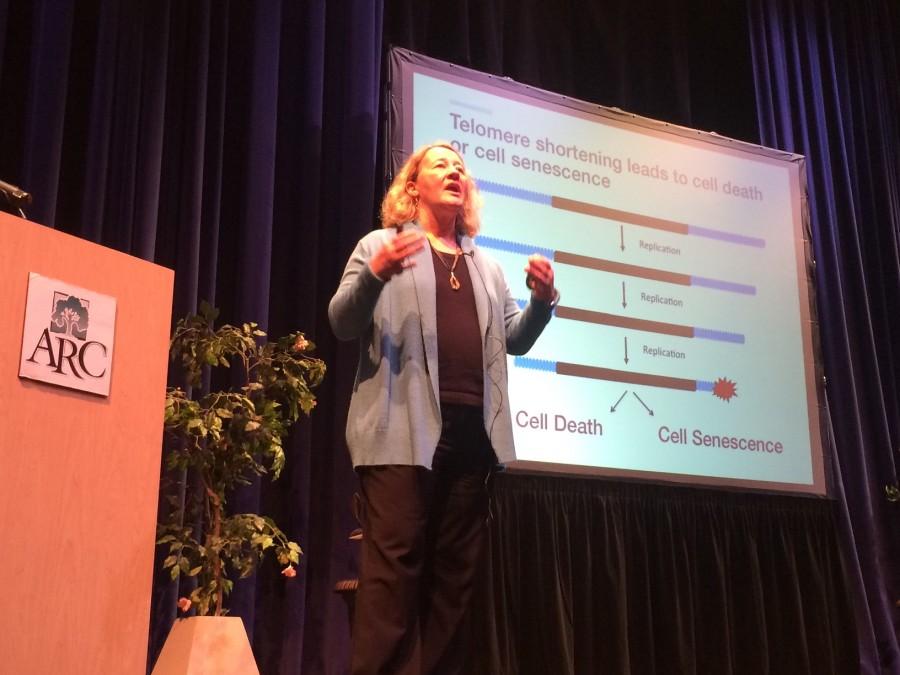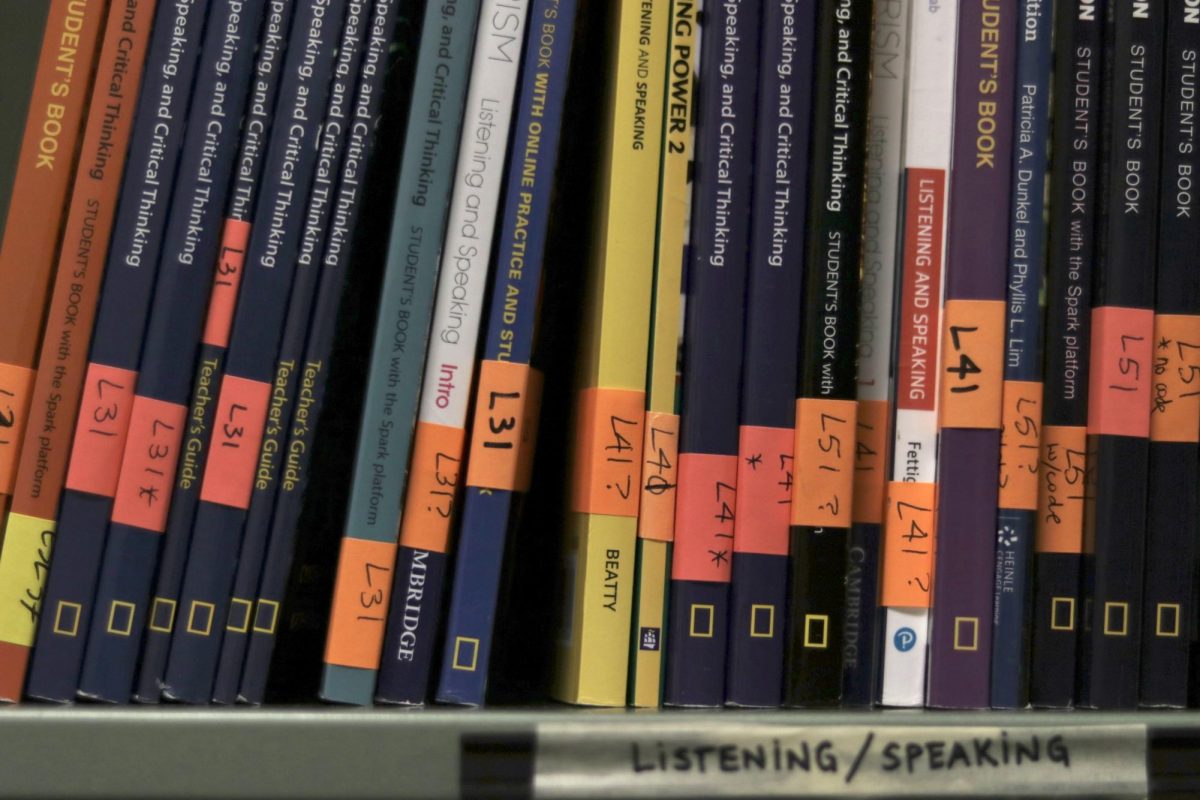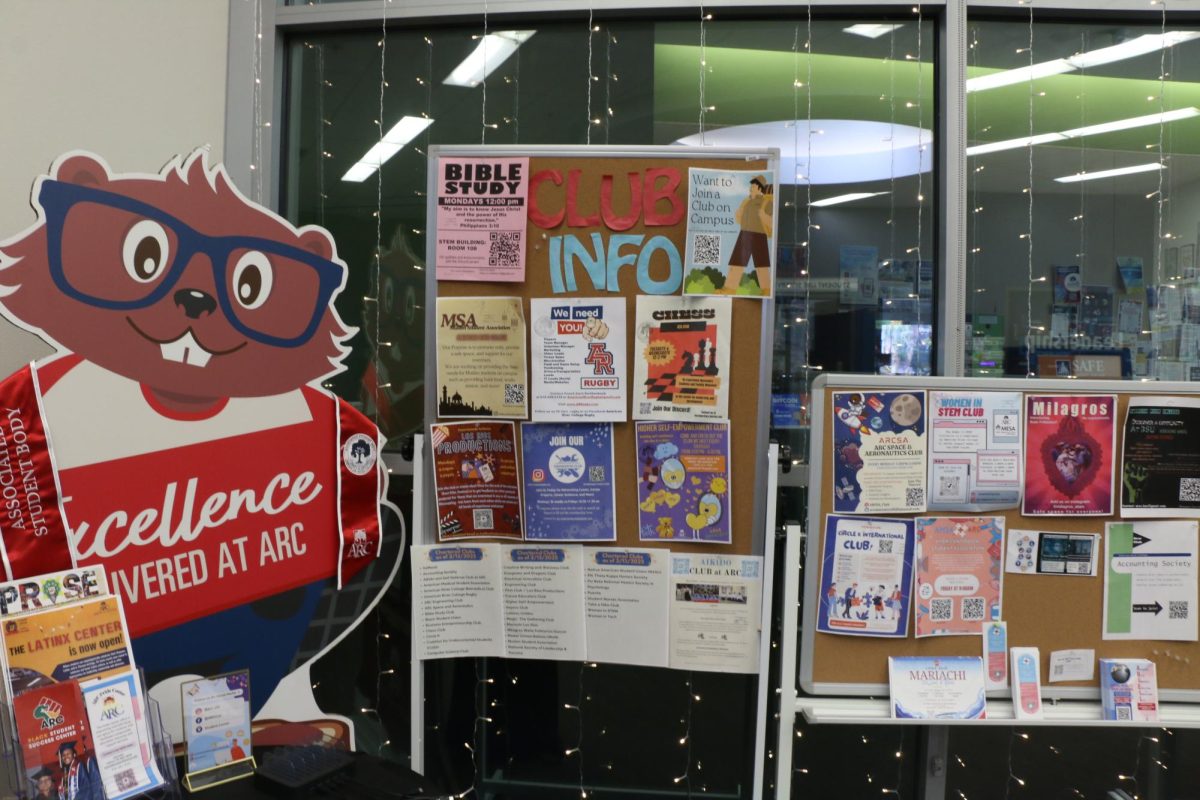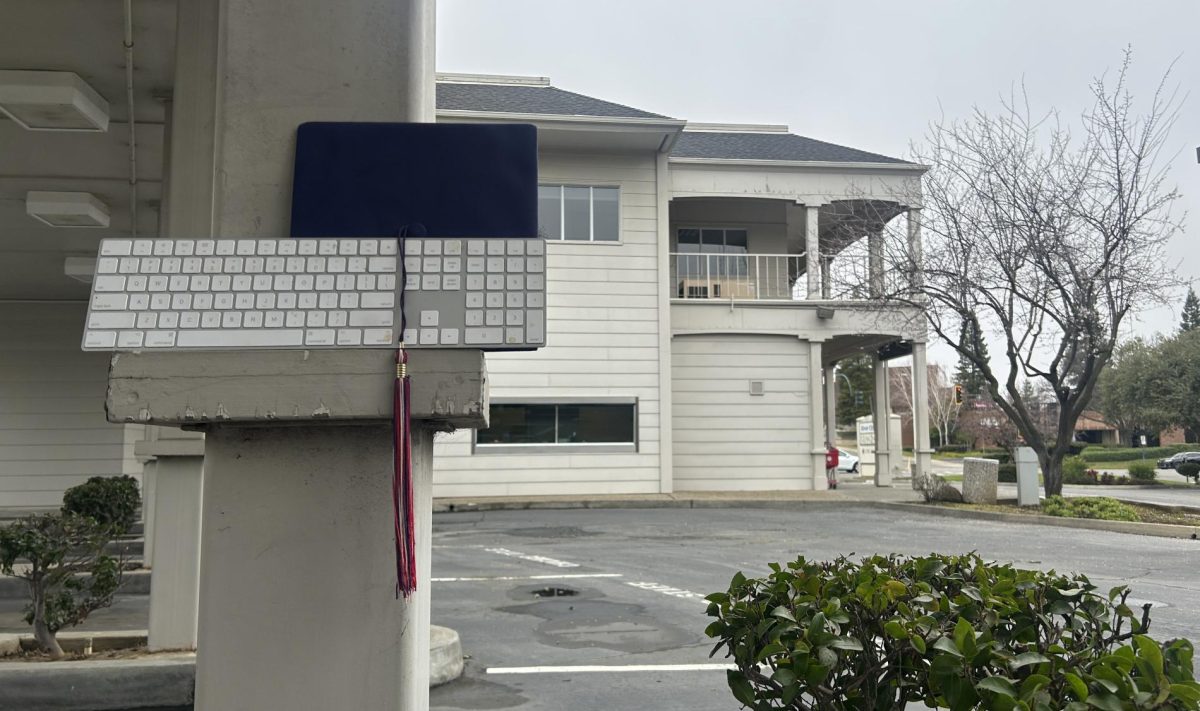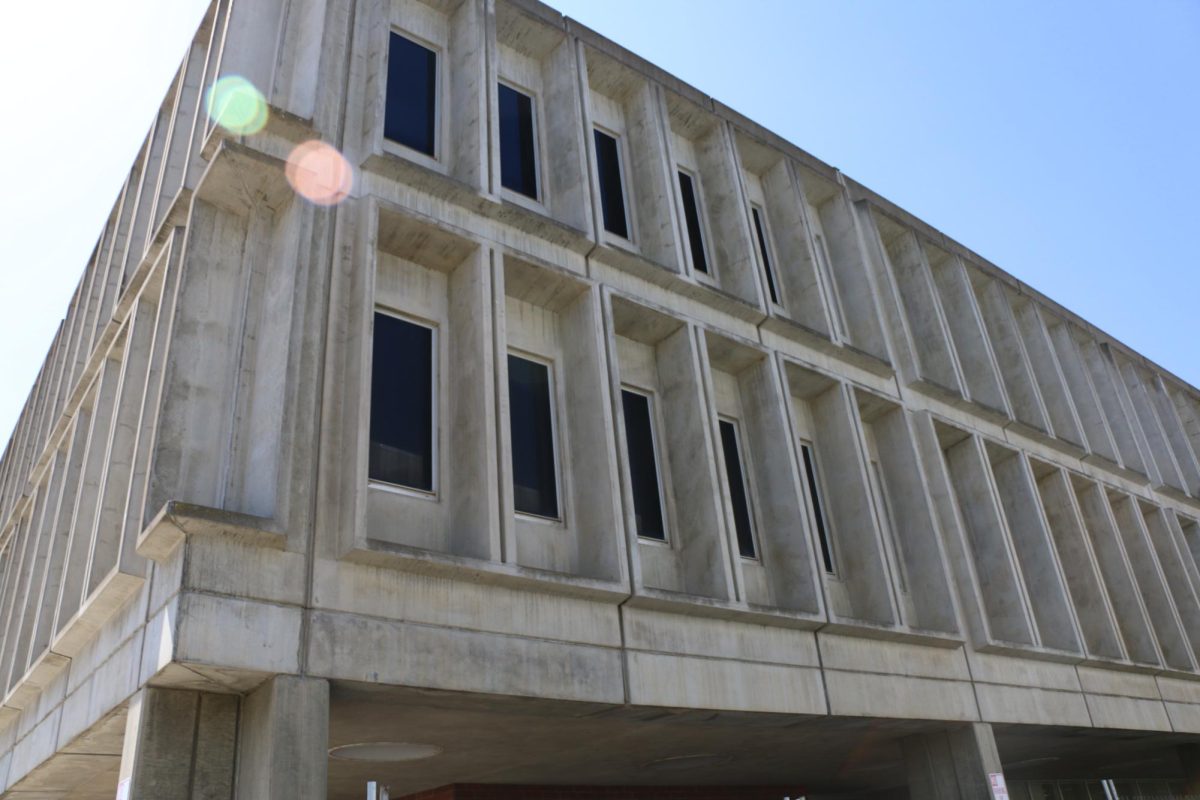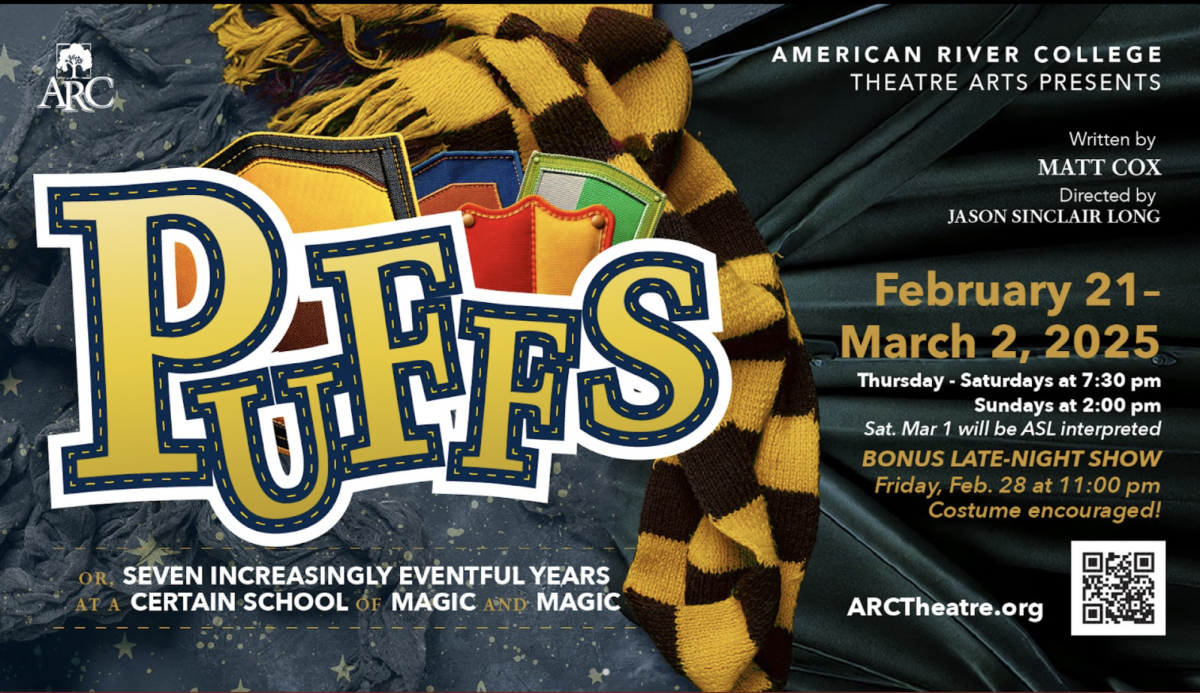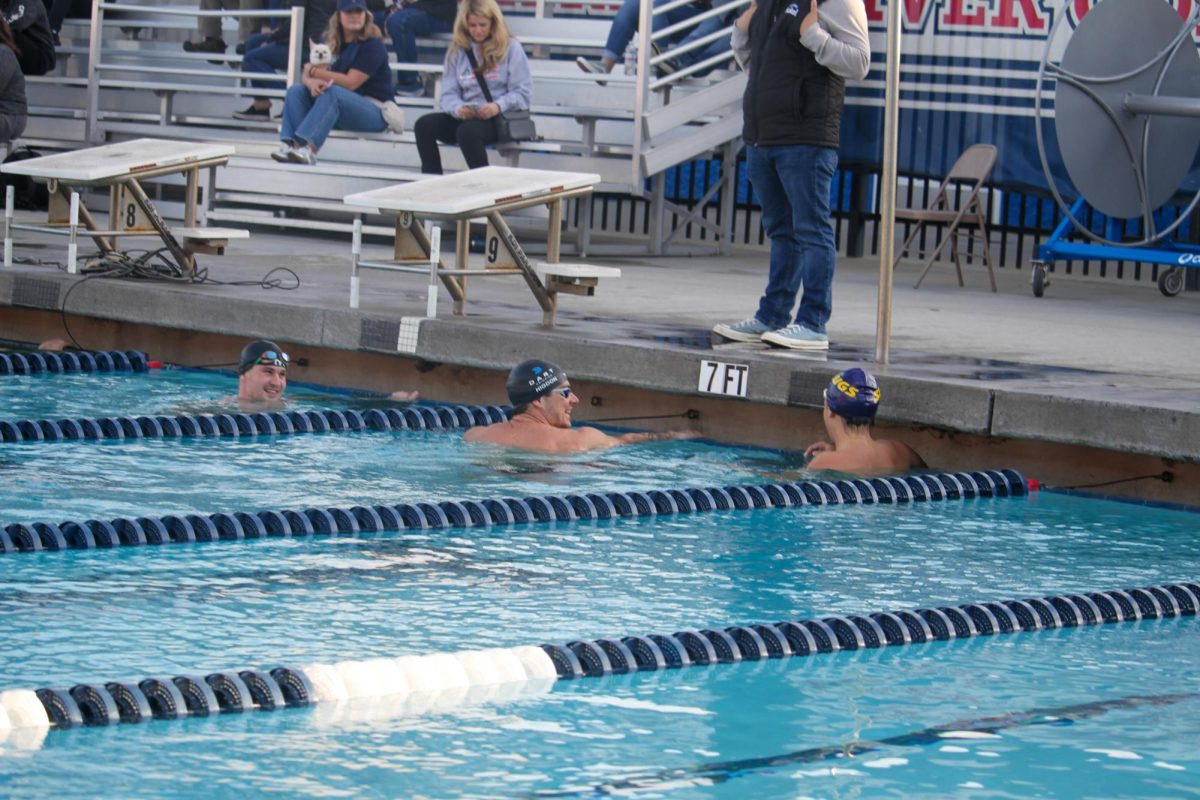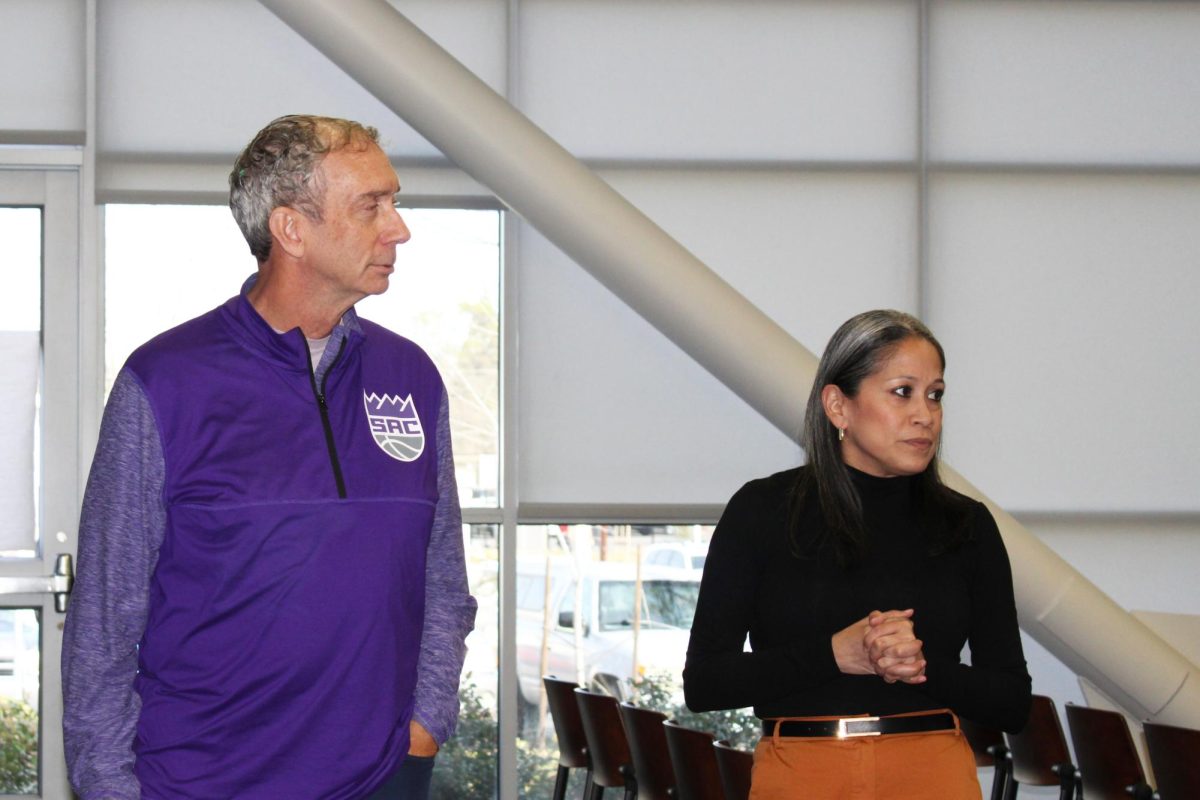Speaking to a packed American River College theater Monday night, Nobel laureate Carol Greider said people shouldn’t trust the claims of dietary supplement companies that say they can extend your life by extending your telomeres.
“When you hear something too good to be true, it probably is,” said Greider.
Greider would know. After all, she won the Nobel prize in Physiology or Medicine for discovering what telomeres do.
Sharing her discoveries with students, faculty and staff on the occasion of a ceremony honoring her mother, a former ARC professor, Greider described how telomeres may be the key to understanding everything from the aging process to cancer.
Human DNA is contained in chromosomes, which would be copied imperfectly if it wasn’t for the telomeres on each end. The telomeres act as a buffer, preventing the ends of the chromosomes from being chopped off during reproduction.
Instead of the ends of the chromosomes being chopped off, it’s the telomeres that decrease in length. When there are no more telomeres left, the cell dies.
“It’s the short telomeres that are causing these cells to die,” said Greider.
Greider discovered telomerase, which preserve the length of the telomeres during reproduction.
What has been found is that cancerous cells have large telomeres due to an abundance of telomerase.
“85 percent of human cancers have activated telomerase,” said Greider. “Increased telomerase predisposes to cancer.”
On the other hand, cells undergoing degenerative disease have less telomerase and thus have shorter telomeres. Greider described the effects of experiments on mice.
“With each generation these mice were breeding, the telomeres were getting shorter and shorter,” said Greider.
She described the results of these damaged chromosomes being loss of tissue, infertility, and blood and skin disorders.
ARC President Thomas Greene, who introduced Greider, thanked her for speaking at the college without a stipend and after having travelled from Johns Hopkins University.
“Her research on telomeres, cancer and aging is a very big deal,” said Greene.
Greider said she intended listeners to take away a key point from her speech.
“Curiosity driven research establishes fundamental knowledge that drives medical understanding,” she said.
Paulo Afonso, an astronomy professor, echoed this sentiment and commented on the importance to the science department of Greider’s visit.
“It’s quite rare to see such an amazing person talk to us,” said Afonso. “Pure knowledge is the way to do research. You never know what implications will come up. Many times they ask why we spend money for fundamental research. That’s why.”


